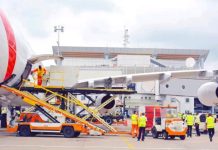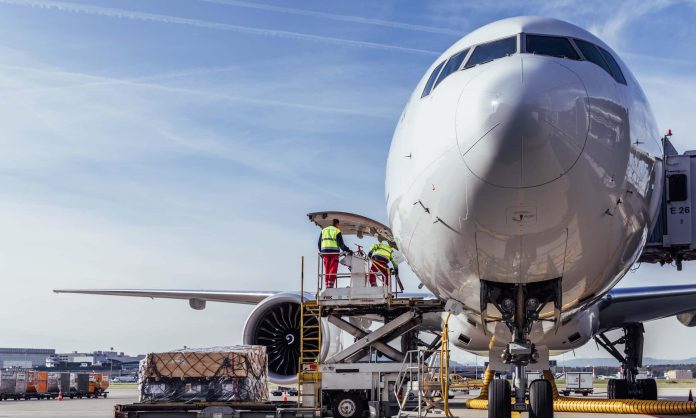The International Air Transport Association (IATA) has reported a decline in air cargo demand across global markets in February 2025, with African airlines experiencing a notable slowdown. According to the latest data, African carriers saw a 5.7% drop in cargo demand compared to the same period in 2024, while available cargo capacity decreased by 0.6%. This decline reflects broader global trends, as rising trade tensions, economic uncertainties, and shifting market dynamics continue to impact air cargo movement.
The slight contraction in air cargo demand marks the first global decline since mid-2023. However, IATA notes that February 2024 was an extraordinary month, influenced by the leap year, increased Chinese New Year shipments, disruptions in sea freight lanes, and a surge in e-commerce. While these factors contributed to last year’s higher demand, February 2025 tells a different story, particularly for African airlines navigating a challenging economic landscape.
Despite the decline in Africa, other regions experienced mixed performance. Latin American airlines saw the strongest growth in February, with a 6.0% increase in cargo demand, while the Middle East recorded the sharpest drop at 11.9%. In the Asia-Pacific region, demand grew by 5.1%, reflecting stronger economic activity and increased intra-Asian trade. Meanwhile, North America and Europe saw marginal declines of 0.4% and 0.1%, respectively.
Globally, several economic indicators highlight a complex operating environment for air cargo. World trade expanded by 5% in January, and industrial production saw its fastest growth in two years. Jet fuel prices averaged $94.6 per barrel in February, reflecting a slight decrease from January, while inflation remained persistent in major economies such as the United States, Europe, and Japan. In contrast, China recorded its first decline in consumer prices in nearly a year, pointing to deflationary pressures that could further shape global trade flows.
For African airlines, the decline in cargo demand signals ongoing challenges in the region’s logistics and trade sectors. The continent remains a vital player in global supply chains, particularly in industries such as agriculture, mining, and manufacturing. However, disruptions in international trade, currency fluctuations, and high operational costs continue to put pressure on air cargo operators.
Trade lane performance in February highlighted shifting patterns in global cargo movements. The Trans-Pacific corridor remained the busiest trade route, while intra-Asia trade recorded strong growth, moving up to become the fifth busiest lane. In contrast, Middle East–Asia and Europe-bound trade experienced declines, reflecting weakened demand in these regions.
As African carriers navigate these economic headwinds, industry stakeholders continue to push for improved infrastructure, policy reforms, and greater collaboration to strengthen the region’s air cargo sector. The ability to adapt to global market trends and leverage emerging opportunities will be key to reversing the current downturn and positioning Africa as a resilient player in the air freight industry.













